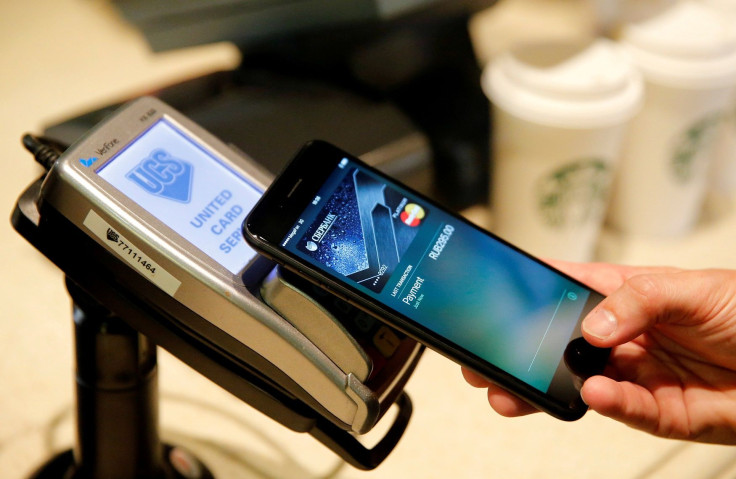ACCC declines banks collective negotiation on Apple Pay

The Australian Competition and Consumer Commission (ACCC) has required the banks to individually reach an agreement with Apple before their customers can use Apple Pay. The watchdog's decision was in line with its draft ruling in November 2016.
Commonwealth Bank, Westpac, National Australia Bank, and Bendigo and Adelaide Bank applied collectively in July 2016 to negotiate the use of Apple Pay. They argued that the application prevented them from developing their own digital wallets for iPhones. The ACCC said that declining the move for collective negotiation of the banks was significantly based on the three detriments pointed out by ACCC chairman Rod Sims.
Participating banks that raised the argument to ACCC wanted to access Apple's near field communication (NFC). The NFC has the ability to communicate with the payments machine to make a transaction. The banks wanted to access it to enable contactless payments to be made through them. However, Sims said that Apple depended on NFC and allowing the banks to access it would affect the company's current integrated hardware-software strategy for mobile payments and operating systems. If this would happen, there would be an impact on how the company competes with Google.
Sims also pointed out that digital wallets and mobile payments were in their infancy that was subject to changes. Because of the unstable future of the payment system, Sims said that it was uncertain to predict how competition would be developed. He said that there was a range of alternative devices being released allowing mobile payments including fitness device and smartwatch. Access to the NFC would only hamper the innovations that currently occurring around the devices for mobile payments.
Another point that Sims explained was the possible increase in competition between banks. He said that the increased competition could lead to customers switching between card provider and limiting any lock-in effect bank digital wallets may cause.
A spokesperson for the group of banks said that they were disappointed by the decision. He said that the case has always been about consumer choice. He said that the banks made the application to ensure that they could participate in the future of mobile wallets. He said that the banks did not aim to have the course of development for mobile wallets in Australia dictated by a single overseas corporation.
An Apple spokesperson said that they believed the decision made by the ACC was great for Australians who wanted the easiest, most secured and private payment experience that Apple Pay could provide.
How Apple Pay works
Source: YouTube/TheVerge





















